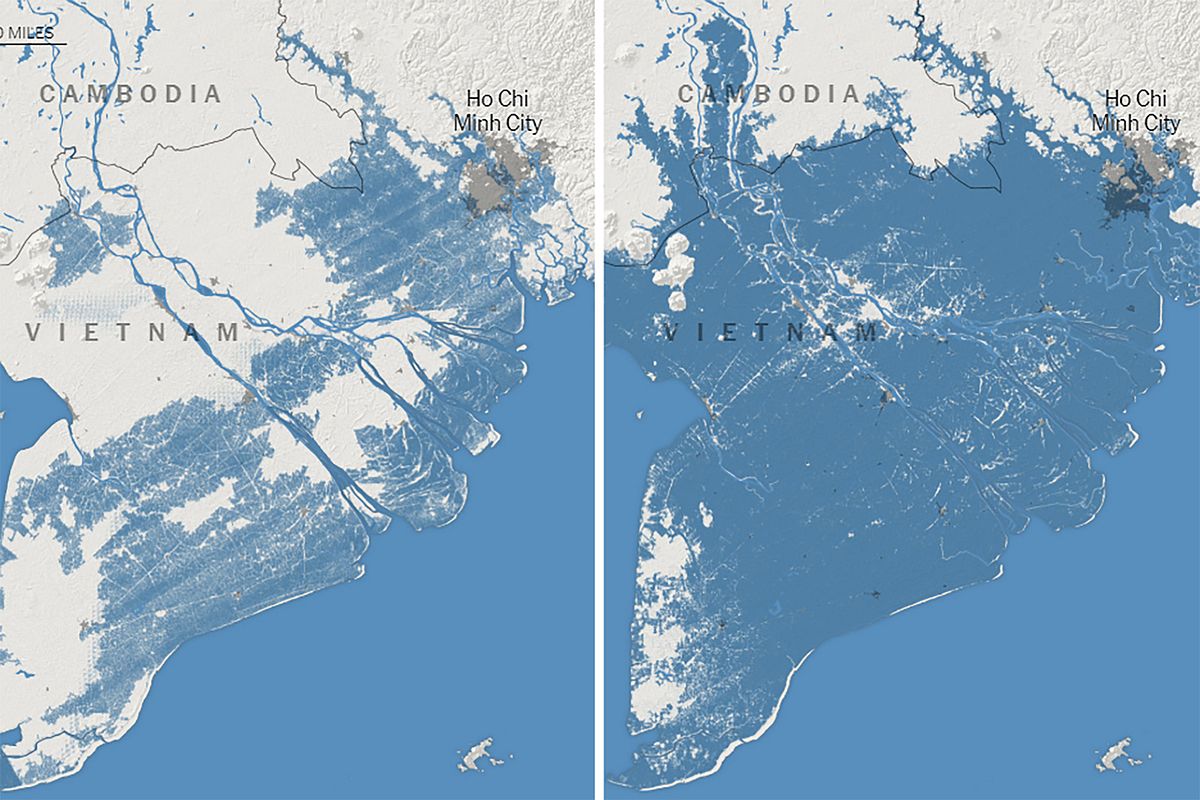With the scientist community in general agreement that 2019’s novel coronavirus emerged out of a wet market in Wuhan where live animals were slaughtered, governments in both China and Vietnam are taking action against the trading of illegal wildlife.
Last month, China announced an immediate and comprehensive ban on wildlife trading over fears the trade was spreading the virus. This week, Vietnamese Prime Minister Nguyen Xuan Phuc responded to a letter sent by numerous conservationists asking Vietnam to implement steps to stop illegal wildlife trading in Vietnam, according to VnExpress.
Although illegal, markets selling wildlife such as rare birds, civets, pangolins and tiger bones still operate across Vietnam. Phuc has asked Vietnam’s agriculture ministry to draft a directive and submit it for consideration by April 1.
Local NGO Pan Nature sent the letter, which was signed by 14 environment NGOs asking for a complete ban on illegal markets and trading, to Vietnamese authorities.
Bui Thi Ha, Vice Director & Head of Policy and Legislation Department at Education for Nature Vietnam (ENV), one of the NGOs to sign the letter, told Urbanist Hanoi:
“With this new directive, ENV hopes to see more rigid enforcement of the existing law on wildlife protection, particularly in the following areas: better management of commercial farms, strict closure of wet markets and online markets that sell wildlife, and increased initiative to close legislative loopholes that allow traders to label themselves 'conservationists' to legally keep and launder endangered animals,” Ha said.
“ENV has already begun working with the Vietnamese government to close loopholes and wildlife markets. We're excited to see this new directive accelerate the process,” she added.
Animals Asia, another of the 14 NGOs to sign the letter, said they fully supported the ban:
“Although public health might be the main concern at this time, we think this much-needed and timely decision is beneficial to both humans and animals,” said Nguyen Tam Thanh, Animals Asia’s Animal Welfare Department Manager.
“Keeping, trading and consuming of wild animal products have been linked to a number of diseases and a risk of being attacked by animals. We do hope that the ban will help improve this situation,” he added.
There have now been 39 confirmed cases of Covid-19 in Vietnam. Paranoia over the virus has led to a significant portion of Hanoi’s population choosing to stay inside.
[Top image: a caged civet with a wounded limb. Photo courtesy of ENV]















